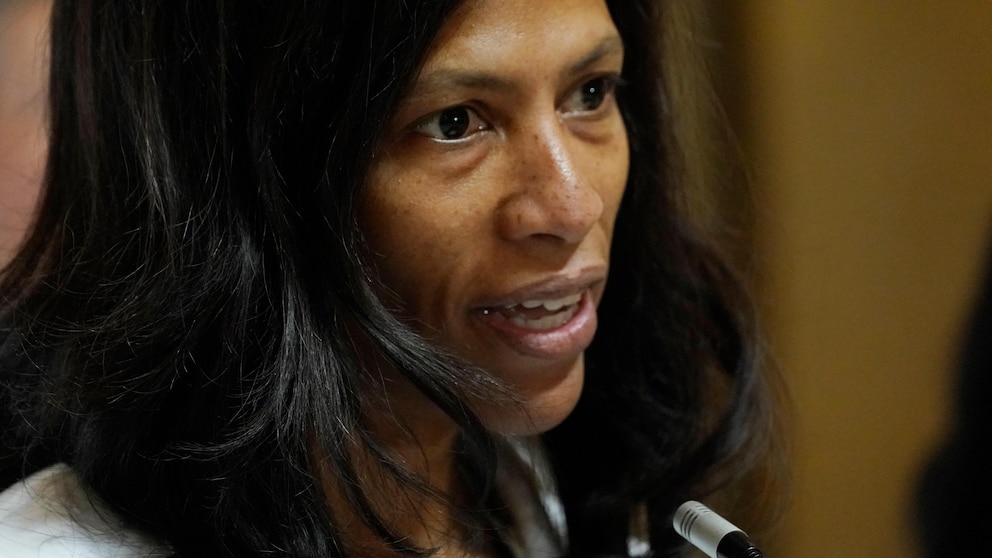Jackson, Miss — Black women make up about 38% of Mississippi’s population, and a new study shows that black women in the state were four times more likely to die from causes directly related to pregnancy than white women in 2020.
“It is imperative that we not only recognize this racial disparity, but that concerted efforts are made at the organizational, community and state levels to reduce these disparate outcomes,” wrote Dr. Michelle Owens and Courtney Mitchell, leaders of the Maternal Mortality Review Committee who conducted the study.
The Mississippi State Department of Health announced the findings Wednesday.
The commission said 80% of pregnancy-related deaths in Mississippi from 2016 to 2020 are considered preventable, and cardiovascular disease and hypertension remain the largest causes of maternal mortality.
Women need comprehensive primary care before, during and after pregnancy, but many live in areas where medical services are lacking, Owens and Mitchell wrote. A significant portion of this care is delivered by small hospitals with limited resources, many of which are facing potential closure and have limited or discontinued delivery of obstetric services, leaving individuals and The burden on local communities is increasing,” they wrote.
The Maternal Mortality Review Committee was established in 2017 and its members include doctors, nurses, public health experts and other health care workers.
The commission found that from 2016 to 2020, Mississippi’s pregnancy-related mortality rate was 35.2 deaths per 100,000 live births. The study did not provide comparable five-year numbers for the United States, but the national death rate was 20.1 deaths per 100,000 live births in 2019 and 32.9 deaths per 100,000 live births in 2020.
Mississippi has long been one of the poorest states in the United States and has one of the highest rates of obesity and heart disease.
A state health department program called “Healthy Moms, Healthy Babies” provides care management and home visits to pregnant women and infants at risk for health problems.
“Losing one mother is too many,” state health officer Dr. Daniel Edney said in a news release about the maternal mortality study.
The commission recommended that Mississippi leaders expand Medicaid to people working in low-wage jobs that don’t offer private health insurance, a policy proposal that Republican Gov. Tate Reeves has rejected.
Earlier this year, Reeves signed legislation that would extend postpartum Medicaid coverage for a full year instead of the previous two months.
Medicaid expansion was made optional under the health care reform signed by then-President Barack Obama in 2010, and Mississippi is one of 10 states that have not adopted this option. Non-expansion states have Republican governors, Republican-led legislatures, or both.
“Medicaid expansion should be included to help rural hospitals stay open and include access to telehealth services, Maternal Mortality Review Commission leaders wrote. Rural health facilities need to be able to provide a higher level of life-saving care, recruit and retain adequate health care workers, and have access to life-saving equipment, especially in the state’s most vulnerable areas.”
This study looked at deaths that occurred during pregnancy or within 1 year after pregnancy. The report defined pregnancy-related deaths as “deterioration of an unrelated condition caused by pregnancy or due to the physiological effects of pregnancy.”
Pregnancy-related deaths over the five-year period included 17 homicides and 4 suicides, plus 26 cases in which substance abuse disorders contributed to maternal deaths, and mental health conditions.
The study also said that 32 maternal deaths were caused by obesity and 22 were caused by discrimination. It noted that multiple factors may be involved in some pregnancy-related deaths.
The committee recommended that health care providers develop procedures and training for dealing with maternal patients with severe complaints of the same health concerns, including training to eliminate stigma and discrimination. .





